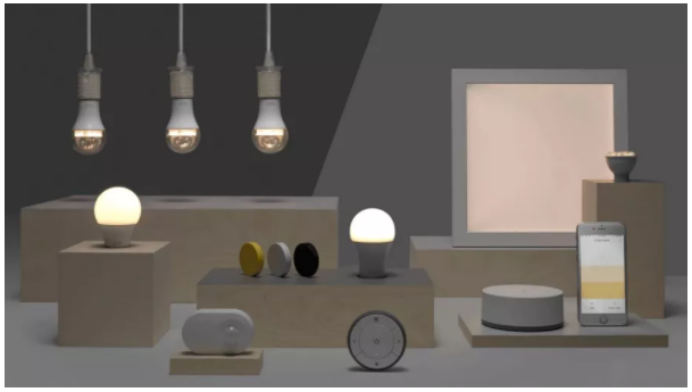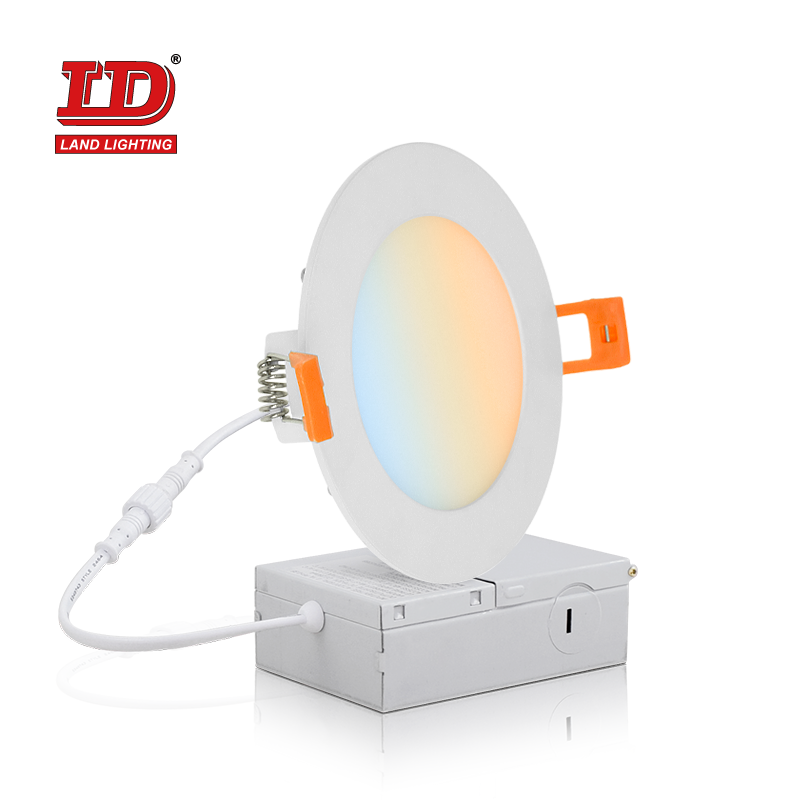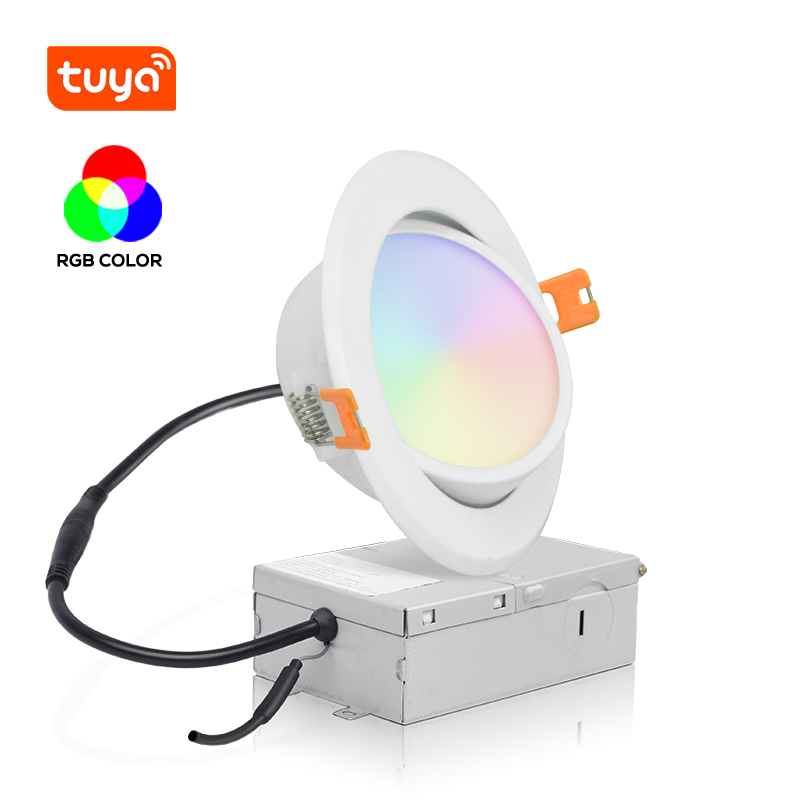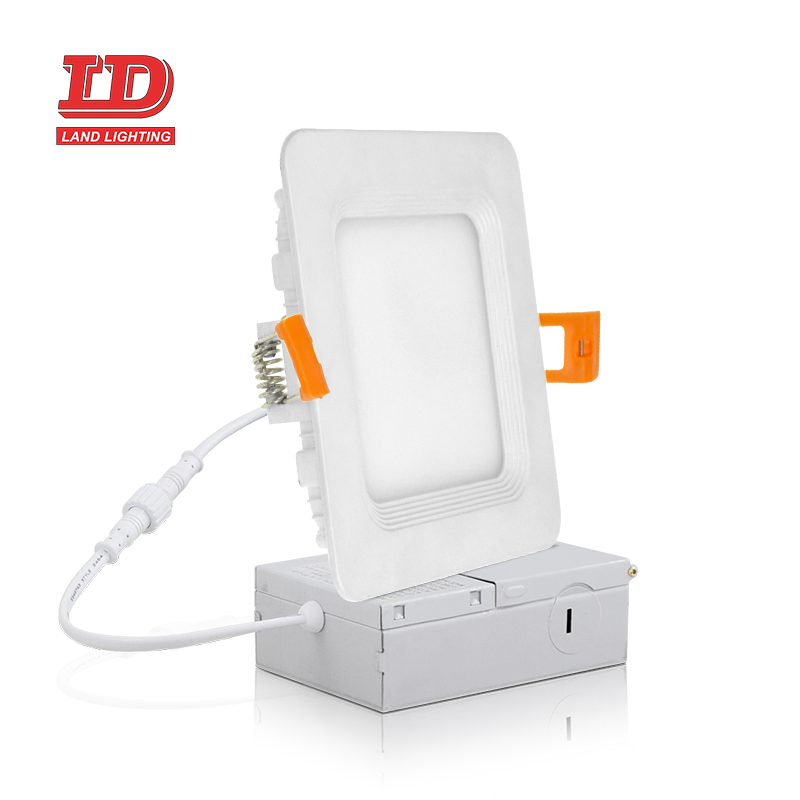Put it this way: if you’re hoping that switching to a smart LED lighting system is going to save you so much in energy bills it’ll pay for itself in no time, you’re going to be disappointed. Smart lighting systems don’t come cheap, although they are slowly getting cheaper.

We check over 250 million products every day for the best prices
Let’s take the market leader, Philips’ Hue. To get up and running you need the Hue 2.0 Bridge - the previous model doesn’t play nice with Apple’s HomeKit - and some bulbs. At the time of writing a bridge and two white E27 (screw cap) bulbs is £49.95, while a bridge with three multicolour bulbs is £146.95. A lightstrip, which is a 2m strip of colour changing LEDs, is £64.99. A plain white bayonet bulb is £14.95, coloured E27 bulbs are £49.99, coloured E14s are £29.95 and coloured GU10 spotlights are £49.95 apiece.
British Gas’s Hive system has expanded to include smart lighting technology under the Hive Active brand.
Looking at a modest living room, we’ve got one ceiling lamp, three spotlights and a nice place behind the TV to put a lightstrip. That little lot works out at £49 for the bridge, £147 for the spots and £64.99 for the lightstrip. So that’s £260 for our living room; using coloured bulbs for the six spotlights in the dining room would add another £300. Ouch.
That’s for an all-singing all-dancing colour system, though, and it’s using genuine Philips bulbs: third party bulbs are available for considerably less cash and should work okay with the Hue Bridge. We say “should” because an early software update accidentally on purpose removed third party compatibility, which Philips eventually restored after a PR storm. We hope history doesn’t repeat.
OSRAM’s Lightify uses the same Zigbee networking as IKEA and Philips’ systems, so they should be interoperable.
No matter what system you go for, colour changing bulbs and smart lighting kits are expensive. You’ll pay £49 for a Hive Edison Screw colour bulb and £39 for a bayonet fitting, and the Hive starter kit is £99.99 for a hub and two white bulbs. Osram’s Lightify bulbs are around £25 for GU10 spots, £22.99 for candles and £41 for the Lightify Gateway.
Does IKEA have the white idea?
If you don’t want to change colours then the price drops considerably: dimmable Hue bulbs are around £15 for white ones compared to the £50 for coloured ones, and the same applies to Hive Active bulbs.
IKEA’s smart lights are much cheaper than most, but they don’t currently offer colours. You can adjust colour temperature, though.
IKEA’s new Trådfri system is cheaper still: a bridge - IKEA calls it the Gateway - is £25, and bulbs cost from £9 to £15 depending on fitting. Light panels are £55 to £100, dimming kits are £15 and a remote control is £15. You can’t adjust the colour but you can adjust the colour temperature, so you can have warm white for mood lighting and cool white for getting stuff done. It’s much cheaper, but we think colour changing is the key selling point of smart lighting, so for us IKEA’s one to watch in the long term but not a great investment right now.
Will it be obsolete in a few years?
Nobody can predict that with certainty, but there are encouraging signs that your smart lights won’t prove to be a not-so-smart investment in the long term - so maybe the energy savings will end up paying for the kit, albeit over a fairly long period of time. For example, when Philips added HomeKit compatibility to its Hue range with Hue 2.0, that was backwards compatible, so while you had to upgrade the hub you didn’t need to buy new bulbs.
A smart bulb inside an interesting lamp can create something really amazing, as this example from LIFX demonstrates.
Most smart lighting systems use the same ZigBee wireless networking technology. It’s called ZigBee Light Link and it’s used by Philips, IKEA and Osram, which should ensure ongoing compatibility and interoperability between competing systems. LIFX should be fairly future-proof too, as it simply uses your Wi-Fi network. And of course the various systems all use standard light fittings such as bayonet caps, edison screws and GU10 spots.
Is smart lighting worth the money?
That really depends on what you want to do. If money is your priority then non-smart LEDs deliver the efficiency savings without the significant up-front expense of smart lights, and that’s by far the most sensible option. But it’s also the least fun. Smart spotlights can turn a front room into something resembling your favourite band’s stage lighting, while lightstrips and light recipes can transform a room without the hassle and expense of redecorating. And if you have kids they’ll love messing around with the options and creating their own recipes or using third-party apps to turn your front room into a disco.
For us, smart lighting does something priceless: it makes us smile. Whether we’re telling Siri that we’re going to bed, asking for the reading preset, getting the mood ready for a movie or making the house spooky for Hallowe’en, we’ve found smart lighting to be a constant delight - and it’s still uncommon enough to impress friends and family when they pop round. We wouldn’t recommend replacing every bulb in your house with a Hue, Hive, LIFX or Trådfri bulb, but having smart lighting in a sitting or dining room can be really effective.



